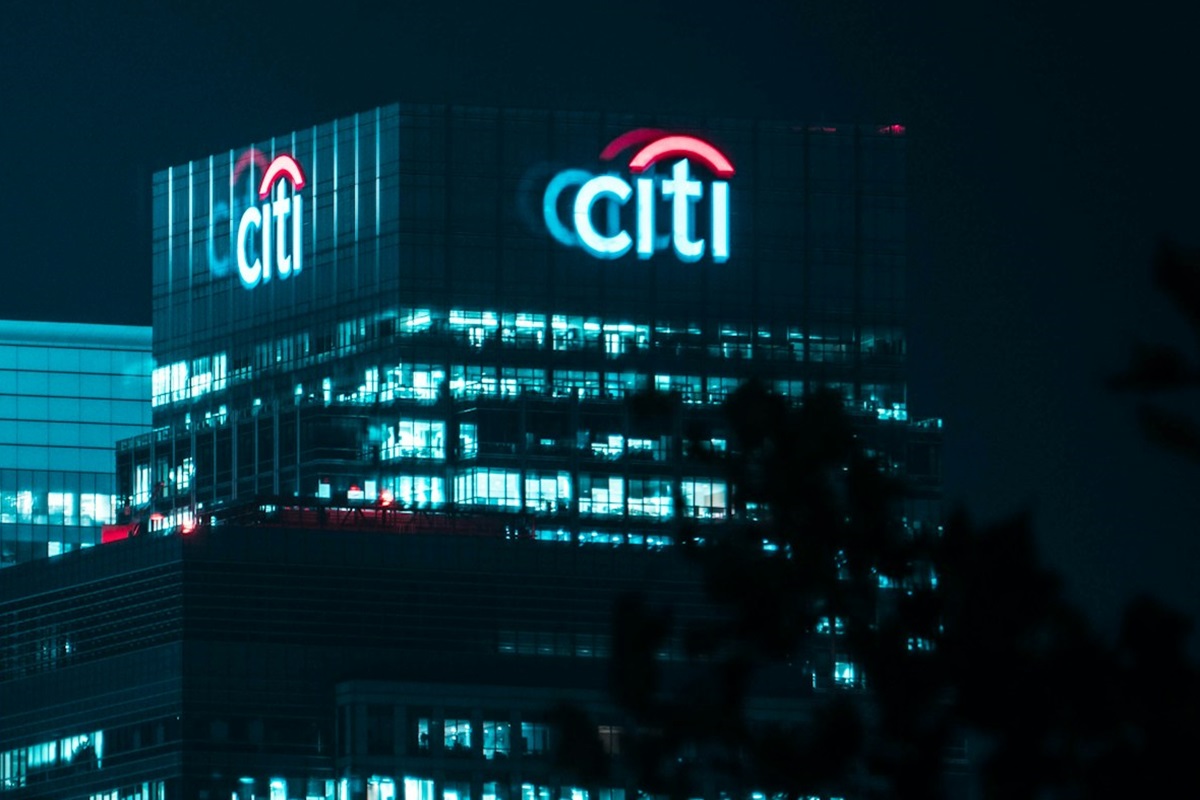Steven Wieting, chief investment strategist and chief economist at Citi Global Wealth, says that the global economic system does not need a collapse situation for the inflation rate to return to the target level.

According to the mentioned expert, there is currently no necessity for the global economy to go through a shock to take back to the dynamic of sustainable growth.
Over the past two years, central banks have been implementing policies to gradually raise interest rates. In some cases, this concept of action has an aggressive character. At the same time, central banks have demonstrated a high level of resilience against the backdrop of rising interest rates. An example in this case could be the United States. There is still no recession in this country, despite the intensive growth of interest rates. Also, a stable state of affairs is currently being recorded in the American labor market.
Nowadays, economic experts are actively discussing the imminent start of the moving of financial regulators to the implementation of a policy of lowering interest rates. Most experts are confident that central banks will start taking appropriate measures in the current year. Analysts explain their vision of the future by the fact that the inflationary process, from the point of view of its dynamic vector, is on a downward trajectory toward the targets of financial regulators. At the same time, global economic growth is showing a slowing trend.
Steven Wieting said last Monday, January 22, during a conversation with media representatives that he is optimistic about the prospects for the foreseeable future. In his opinion, the current state of affairs in the global economy does not contain signs that this system needs to collapse as a kind of tool to curb inflation. The expert noted that the economic system has already experienced one massive shock, the elements of which, according to him, were the coronavirus pandemic and collapse. In this context, Steven Wieting stated that two recessions are not needed to solve the problem of inflation.
The Citi Global Wealth strategist assumes that the decline in production and trade, which is recorded at the global level, to bottom within the current year.
Last December, the overall inflation rate in the United States was 3.4% year-on-year. This figure is above the Federal Reserve’s 2% target. At the same time, there is a significant decrease in the growth rate of the cost of goods and services compared to the peak value of the corresponding indicator in June 2022. At that time, inflation in the United States was 9.1%.
Investors will closely monitor the inflation rate of personal consumption expenditures, which will be released at the end of the current week. These data will provide a preliminary understanding of the central bank’s intentions regarding interest rate policy.
A preliminary estimate of the GDP of the United States for the fourth quarter of 2023, according to the media, will also be released by the current week. The growth of the American economy over the mentioned period is expected to be 1.7%. This figure is the lowest since a 0.6% decline in the second quarter of 2022.
Steven Wieting says that the period of slowing global economic growth and slowing employment growth in the United States may pass and lead to a period of healthier growth. According to the expert, in this context, it is important to pay attention to the strategy of action in 2025 and later.
Mr. Wieting says that there is currently an oversupply in the American economic system, which is not the result of so-called overheating or a prolonged boom. In this case, excessive government financial incentives related to recovery after the coronavirus pandemic became a factor in the formation of the current situation. According to the expert, the oversupply should be eliminated.
Steven Wieting says that over the past year, the money supply in the United States has decreased by 4%. He noted that in the 1970s, the economy grew by almost 10% over the entire decade, specifying that import prices increased by 14% annually during this period.
The expert stated that the current configuration of the economic environment is significantly different from the state of affairs that was during the coronavirus pandemic, when there were shocks in supply and demand and, in a sense, extreme changes in consumer spending on goods and services were recorded.
As we have reported earlier, ECB Vice President Warns About Difficulties in European Economy.









